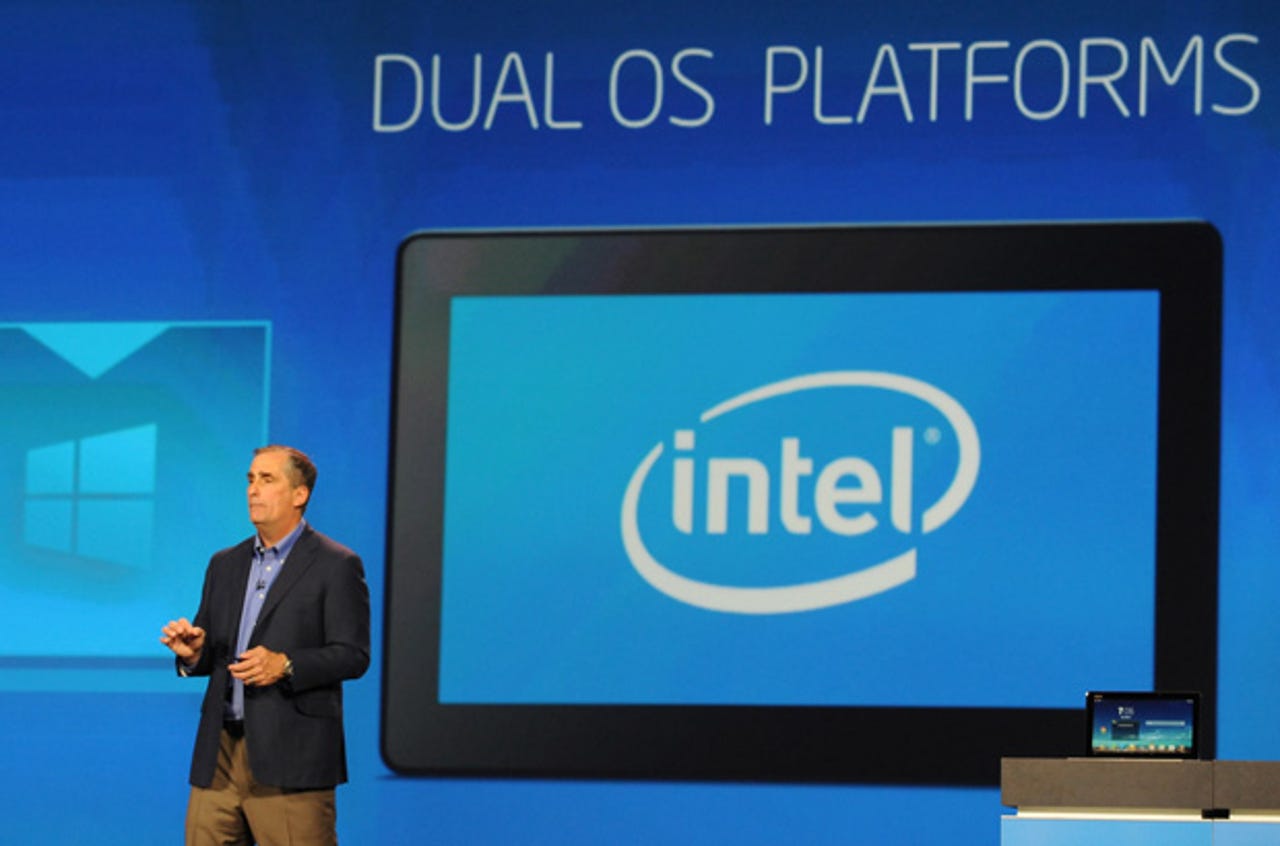Dual-OS devices dead on arrival


The concept of running two operating systems makes sense for certain types of devices, in particular high-end tablets and hybrids that double as small laptops. When running Android, you have access to more than a million touch-optimized apps in the Google Play Store. And when running Windows, you can get “real work” done with Office, typically with a keyboard. As good as that vision sounds, it seems to be running into business realities.
Last week a Huawei executive told the site Trusted Reviews that the company planned to release a smartphone that runs both Android and Windows Phone in the U.S. in the second quarter of this year. A week later Huawei says its plans have changed. The company said, in a statement to the site FierceWireless, that it is focused on Android and “at this stage there are no plans to launch a dual-OS smartphone in the near future."
Featured
Last week The Wall Street Journal reported that Asus had “indefinitely postponed” the release of the Transformer Book Duet TD300, a hybrid PC capable of switching back and forth between Android and Windows 8. It isn’t clear whether Google, Microsoft or both objected. But it was surprising because both Asus and Intel had heavily promoted the Transformer Book Duet. Intel CEO Brian Krzanich even highlighted it in his keynote address at the Consumer Electronics Show in January.
There are already PCs out there running Android or Chrome OS, but it isn’t hard to see why software companies would object to dual-OS devices. The battle is about ecosystems.
Apple and Google have the dominant mobile ecosystems, leaving BlackBerry and Windows Phone fighting over a sliver of the market. Windows still dominates a shrinking PC market, but the modern (aka “Metro”) touch-optimized environment in Windows 8 hasn’t been successful. Add Android to a Windows smartphone, tablet or PC, and there would be even less reason for developers or users to adopt Windows Phone or Windows 8.
Google already has plenty of developers and users, but it already has enough trouble with forked versions used by Amazon, Nokia and many of the smartphone companies in China. It wants to make sure that when you use an Android devices, you are also using Google apps and services.
As for Apple, the ecosystem is a means to an end. It wants to keep selling iPhones and iPads at healthy margins.
Related coverage: